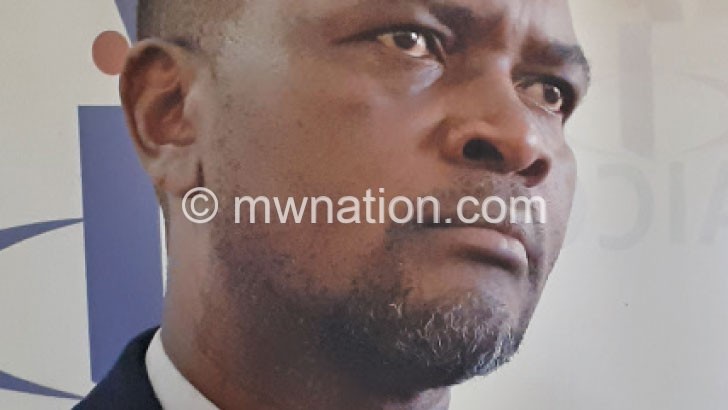Malawi slumps on corruption index
Malawi has dropped on the 2019 Transparency International (TI) Corruption Perception Index (CPI) which measures perceived levels of public sector corruption.
The country has dropped by three places, from 120 to 123 out of 180 ranked countries with a score of 31 (of 100) in 2019 from 32 points in 2018.
While governance experts say the report points to failure in dealing with the vice and calls for the need for checks on party financing, government argues that the report is only a measure of perception, not actual corruption levels.

Malawi is part of sub-Saharan Africa, which is the lowest-scoring region on the CPI with an average of 32. According to the report, in Malawi and sub-Saharan Africa corruptly obtained money is used to win elections, consolidate power and further politicians’ personal interests.
It reads: “Since 2012, several countries, including Congo (19), Liberia (28), Madagascar (24) and Malawi (31) have significantly declined on the CPI. With a score of 66, the Seychelles earns the highest mark in the region, followed by Botswana (61), Cape Verde (58), Rwanda (53) and Mauritius (52).
“Money is used to win elections, consolidate power and further personal interests. Although the African Union Convention on Preventing and Combating Corruption has provisions to prevent corruption and encourage transparency in campaign financing, implementation is weak.”
Addressing the media in Lilongwe yesterday, Jeff Kabondo, coordinator for the National Integrity Platform, a local affiliate of the global TI network, said the index demonstrates that the country is failing to tackle corruption.
He said countries that comprehensively and systematically enforce campaign financing regulations have had a high score on the CPI.
Said Kabondo: “Out there, perception of stakeholders and partners in development is low and the countries that have done well are those that are doing well in electoral integrity, political financing, checks and balances are in place and the private sector plays a big role in ensuring transparency and accountability in their transactions with government.”
He said the country would have to deal with political financing challenges to bring integrity to political campaigns and effectively fight corruption, as well as empower citizens and protect activists, whistle-blowers and journalists.
Political Scientists Association of Malawi president Joseph Chunga in an interview said the Political Parties Act (2018) has provisions for parties to disclose finances while individual politicians have been left out.
He said: “Politicians are always captured because those who fund their campaign don’t do it because they understand party ideologies, but because they want business opportunities.
“As such, politicians don’t disclose fully their sources of finances. If we are to seriously change this trajectory, they must start making public their sources of finance.”
Meanwhile, anti-corruption law expert Wesley Mwafulirwa and governance pundit Rafiq Hajat have said the Anti-Corruption Bureau (ACB) requires complete independence on prosecution as well as appointment of its director general to work effectively.
Said Mwafulirwa: “The present legal framework gives little independence to ACB, the Executive branch is still too powerful. Even the director general cannot prosecute before getting permission from the director of public prosecution. This is why some cases have been handled in a questionable manner.”
But in an interview yesterday, Minister of Information and Communications Technology Mark Botomani argued that the current administration has always maintained a zero-tolerance stance on corruption.
He said: “Transparency International measures corruption perceptions and not corruption per se. However, government takes the report very seriously. It must be emphasised that since the Mutharika administration took over, it has maintained its stand on zero tolerance to corruption.
The CPI is the most widely used indicator of corruption worldwide. It is a composite index, a combination of surveys and assessments of corruption, collected by a variety of reputable institutions.
Additional Reporting by Golden Matonga





